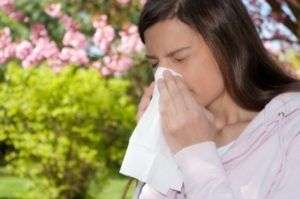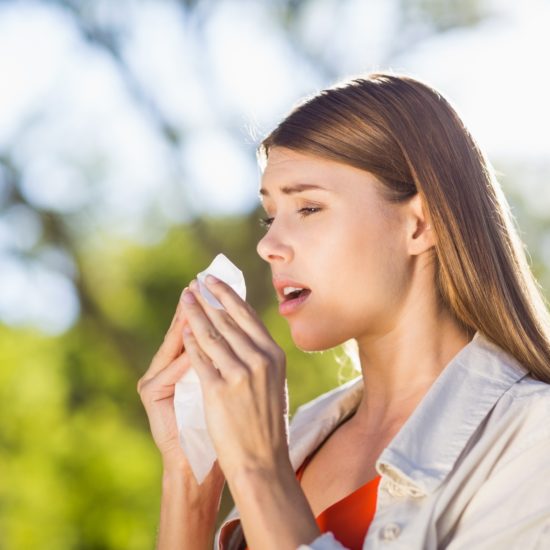Beating Springtime Allergies
 It’s finally springtime, and after a few long months of snowy gloom, the plants are beginning to bud and new life is spreading across the nation. However, though the springtime brings us the much-wanted sunshine that we’ve waited for all winter long, it also brings back that dreaded allergen – pollen. Pollen is the main cause of all seasonal allergies. In the springtime, most people are aggravated by the presence of tree pollen, as most species of trees will begin pollination in January and can last until April.
It’s finally springtime, and after a few long months of snowy gloom, the plants are beginning to bud and new life is spreading across the nation. However, though the springtime brings us the much-wanted sunshine that we’ve waited for all winter long, it also brings back that dreaded allergen – pollen. Pollen is the main cause of all seasonal allergies. In the springtime, most people are aggravated by the presence of tree pollen, as most species of trees will begin pollination in January and can last until April.
Allergies will affect different people in different ways. Generally, when pollen enters your system, your body reacts by releasing histamine into your body, the same chemical that is responsible for triggering an allergic reaction, which will often cause the general allergy symptoms – itchy eyes, sneezing, runny noses, hives. Most allergic reactions to pollen will cause only mild allergy symptoms; however, knowing how to avoid and relieve these allergy symptoms is always helpful.
Avoiding the Effects of Springtime Allergies:
Wash Hands – Keeping your hands clean will additionally keep them pollen-free, which will help you to avoid the skin agitation that is commonly associated with springtime allergies.
Keep Windows Closed – The pollens that tend to trigger allergic reactions are often carried around by the wind. Keep your home pollen-free by assuring that no windows (or doors) are left open.
Use your Dryer – Though it may not be the most energy-efficient machine, it’s important to use your dryer during the springtime, as pollen may collect in your clothing or bedding when it’s hung out on the line.
Sleep In – Pollen is generally emitted from plants between the hours of five and ten in the morning. You don’t necessarily have to sleep in to avoid contact with pollen, rather just stay indoors to avoid unnecessary contact with pollen.
Try Medication – If none of these techniques seem to help your allergies, talk to your doctor about taking a medication that is formulated for relief from allergies. Springtime allergies can be difficult, annoying, and distracting, however, with the right techniques; it’s easy to avoid the effects that pollens have on your body.
Also Read
Seasonal Allergies: What You Should Know
Spring Into Action: How to Get Rid of Seasonal Allergies
What is the Difference Between Cold and Allergies?


